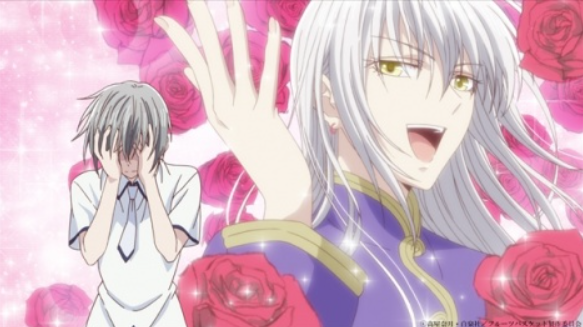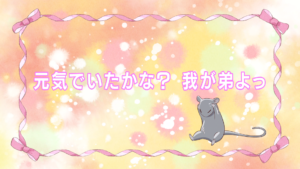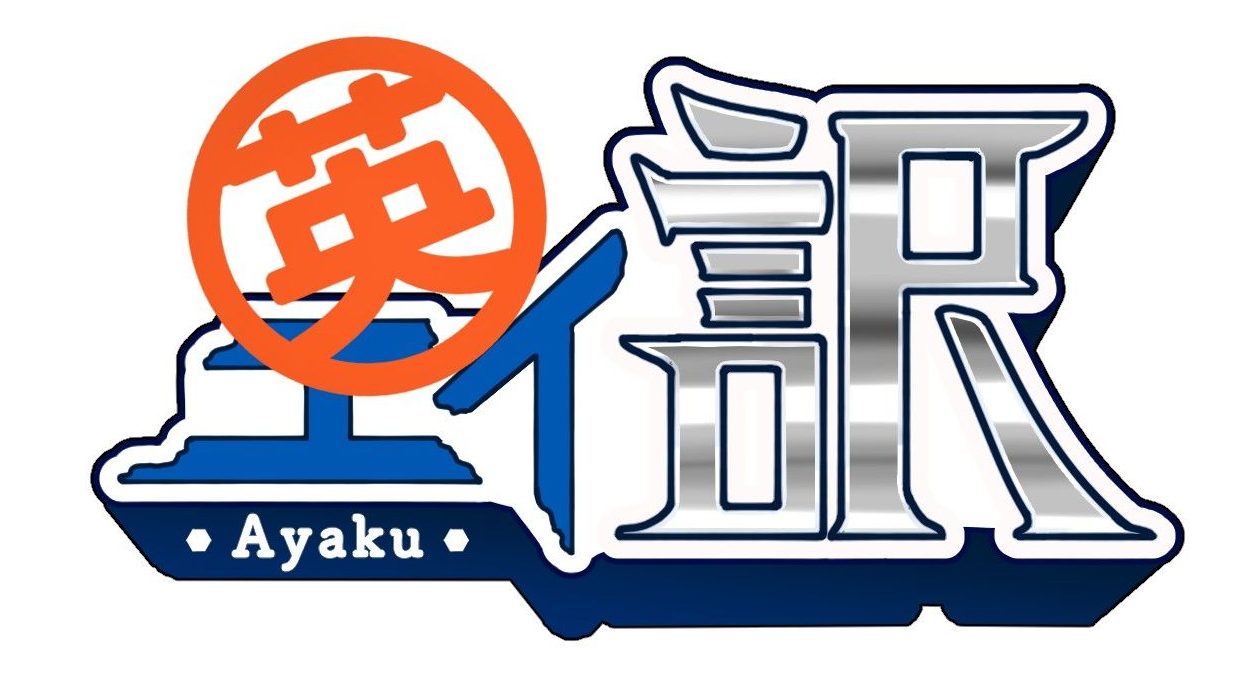
Another Fruits Basket related post… what a surprise. Anyway, Ayame Sohma is one of my favorite characters in the series. He’s very charismatic and speaks with a very royal disposition. I mean that literally. The character speaks using words found in old literature and is very distinct from standard Japanese. In fact, because it’s very Medieval-like, I am not surprised that it’s attached to characters of high status, or believe themselves to be.
His Pronoun
Let’s start with his pronouns.
In Japanese, most personal pronouns have a certain connotation behind them. In fact, there are three common ways to refer to yourself: watashi, boku, and ore.
- Watashi is the most generic pronoun. It is neither masculine nor feminine.
- Boku is used predominantly by males and gives a masculine impression. Females who use this are referred to as bokkuko.
- Ore is another pronoun used predominately by male and is actually used by strong tough guys in anime.
Ayame uses boku in his speech to refer to himself which isn’t too surprising to be honest. Characters who use this pronoun tend to be more gentle and are easier to communicate with so you can expect a mellow calm in their voice.
This pronoun isn’t the only type he drops however. If you look at the title for Season 1 Episode 13, you’ll see he uses something else:

Waga, or by itself, ware, is a pronoun used by high-ranking beings like gods in literature. It’s not usually used in real life. Characters in anime who use it tend to put themselves on a pedestal. Which is exactly what Ayame did upon his first meeting with Tohru when he demanded food and tea RIGHT AFTER he called her the princess of the resident.
The “tamae” verb ending
When Ayame finally warms up from the cold and transforms back into his human form in episode 13, he begins to call Tohru a princess… and then begins to demand that she bring him tea and food.
If you’ve ever picked up some Japanese from anime, then you’ll know the equivalent of please used in requests in the language is the verb kudasai, or its casual form kure. However, Ayame doesn’t use that verb ending, but uses tamae instead.
Unlike Tohru, who uses the honorific speech in the Japanese language, Ayame will sometimes use speech as if he is above those around him, as if he’s creating an invisible ladder in terms of social status. Like a supervisor commanding their subordinate. However, because tamae is such an old word that you would usually see in old novels by characters of higher status, I can see why he would switch to this style of speaking.
Why does he do this?
To put it simply, it’s part of his character. He’s obviously speaking with a royal disposition on purpose and it’s not like he does so all the time.
Related Articles:

